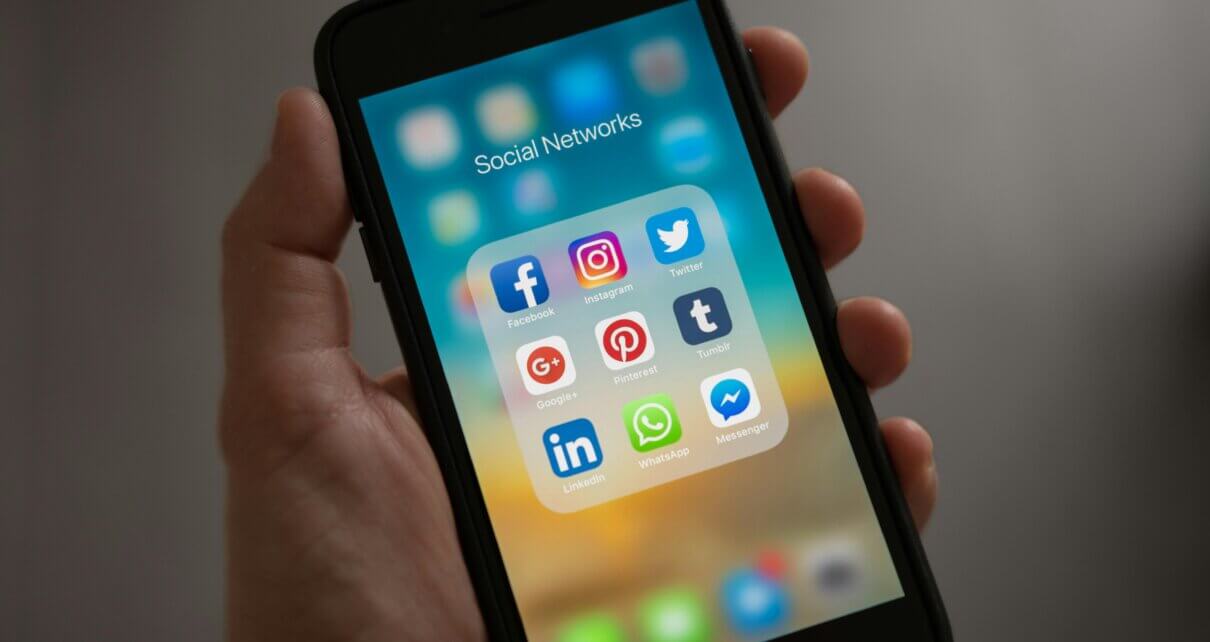Social media and technology have taken over everyone’s lives. It’s harder and harder to live a life without some sort of connection to the online world. Although apps like Instagram, Snapchat, TikTok and Facebook give us an outlet to express ourselves in unique ways, and even allow us to keep in touch with friends and family, these positive factors don’t negate the negative effects social media has on an individual’s mental health.
Social media can foster a toxic environment for teenagers, young children and adults. For example, apps like Instagram and TikTok have people posting picturesque moments and 30-second snips of life’s highlights. These apps can make people feel like they don’t fit into a certain standard or even like what they do in life isn’t necessarily good enough. In other words, social media leads to comparison. This is something that is unhealthy in several ways. For starters, it may put pressure on people to change themselves so that they fit society’s standards. Teenagers especially can feel like they aren’t good enough, pretty enough, or that their life is simply not “cool” enough because of social media.
Similarly, people in college only post the great things that are going on in life. This could be a party, a nice dinner, or even something that they bought. Nonetheless, people rarely post the struggles, the stress, and the hardships that come with college because most times they feel like social media isn’t a place to do that.
Moreover, these apps can lead us to disconnect from the real world, drowning in a fake reality. I find that I am often subject to this behavior; sometimes I find myself scrolling for hours upon hours on my phone and forgetting to just take a break and have a conversation with my friends.
Since we’ve grown up in a time where technology and social media is accessible to all ages, younger children are now lacking the social skills they need to develop. Now more than ever, kids in elementary and middle school are so involved in social media that they can’t hold a simple conversation, which is quite honestly scary.
Ultimately, we need to disconnect if we want to avoid the toxic effects of the virtual world. I believe that it’s extremely important to disconnect from social media because it allows people to connect with others, person to person, and create real life connections. Disconnecting from social media is so rewarding once you learn balance.
For me, I think that the best way to disconnect from technology and social media is using it less and less every day, especially at night before bed. I usually stop going on social media about an hour and half before bed and have found that it has improved my sleeping habits. I also have all my notifications turned off and the like count turned off on certain apps. This has helped me to stop checking my notifications as much and stop focusing on how many people are seeing what I post. Although I use apps like TikTok, Snapchat, and Instagram, I am not as absorbed as I once was.
In turn, I make it a priority to have engaging conversations with friends and spend quality time with them. During quality time, I don’t check my phone as often because I think that it’s important to have meaningful conversations. I find that by not going on my phone during these times that I enjoy myself more and that I can genuinely live in the moment with the people I care about most.
Life is too short to get caught up in a reality that solely exists in our phone. Instead, we should focus on the things that are happening around us in real life.



